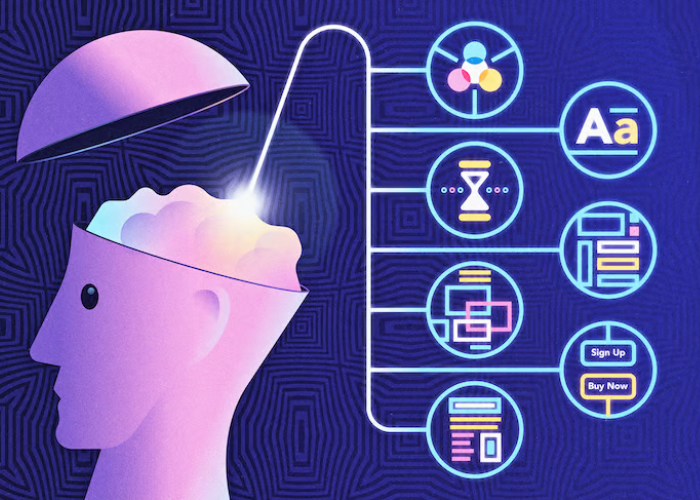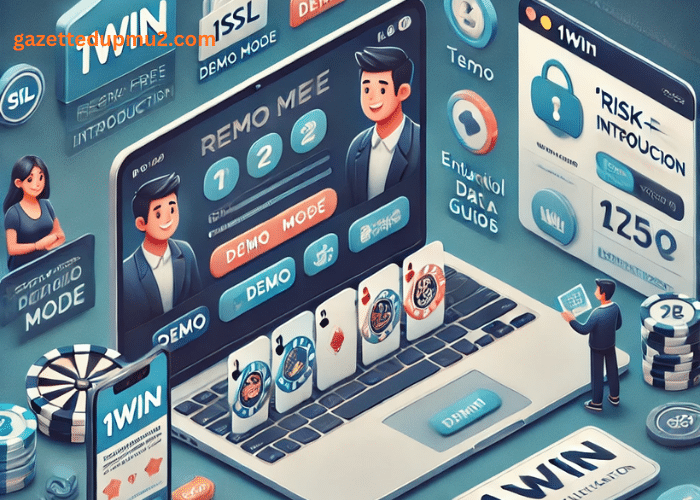In the realm of healthcare, the integration of artificial intelligence (AI) is heralding a transformative era. AI has already begun to revolutionize medical diagnosis and treatment, offering the potential to improve patient outcomes, streamline processes, and reduce healthcare costs. This article delves into the multifaceted impact of AI in healthcare, exploring its applications, benefits, challenges, and the ethical considerations that accompany this technological advancement.
The AI Revolution in Healthcare
Early Detection and Diagnosis
AI’s most significant contribution to healthcare is its ability to enhance early detection and diagnosis of diseases. Machine learning algorithms, when trained on vast datasets of medical images, can outperform human radiologists in spotting anomalies in X-rays, MRIs, and CT scans. For instance, Google’s DeepMind developed an AI model that can detect eye diseases such as diabetic retinopathy and age-related macular degeneration with remarkable accuracy. Early detection not only increases the chances of successful treatment but also reduces healthcare costs by preventing advanced disease states.
Personalized Treatment Plans
AI also enables personalized treatment plans. By analyzing an individual’s genetic makeup, medical history, and lifestyle data, AI systems can recommend tailored treatment options. This not only optimizes patient care but also minimizes the risk of adverse reactions to medications. IBM’s Watson, for instance, uses AI to analyze vast amounts of medical literature and patient records to recommend personalized cancer treatment plans.
Drug Discovery and Development
The pharmaceutical industry is embracing AI to accelerate drug discovery and development. Traditional drug discovery processes are time-consuming and expensive, often taking over a decade to bring a new drug to market. AI-driven algorithms can analyze biological data, identify potential drug candidates, and predict their efficacy. This significantly reduces the time and resources required for drug development. Companies like Atomwise and Insilico Medicine are pioneers in this field, using AI to identify potential drug candidates for diseases such as COVID-19.
Streamlining Administrative Tasks
AI is also making administrative tasks more efficient in healthcare. Chatbots and virtual assistants are being used to handle appointment scheduling, answer patient queries, and assist with billing and insurance claims. This not only reduces the workload on healthcare staff but also enhances the patient experience by providing quick and accurate responses to their inquiries.
The Benefits of AI in Healthcare
The incorporation of AI in healthcare offers a plethora of benefits that extend to patients, healthcare providers, and the overall healthcare system.
Enhanced Accuracy and Speed
AI algorithms can analyze vast amounts of data with incredible speed and accuracy. This means that diagnoses are made faster, reducing the time patients spend in uncertainty and anxiety. Moreover, AI can identify subtle patterns and anomalies that might escape the human eye, leading to more accurate diagnoses.
Improved Treatment Decisions
With access to a comprehensive database of medical literature and patient records, AI can assist healthcare providers in making well-informed treatment decisions. This ensures that patients receive the most appropriate care based on their individual characteristics and medical history.
Increased Efficiency
AI-driven automation can streamline administrative tasks, reducing the administrative burden on healthcare providers. This allows medical professionals to focus more on patient care and less on paperwork and bureaucracy.
Cost Reduction
By enabling early disease detection and more effective treatments, AI can reduce the overall cost of healthcare. Preventing advanced disease states through early detection is not only more effective but also less expensive than treating advanced diseases.
Accessibility
AI can extend the reach of healthcare services to underserved areas. Telemedicine, powered by AI, allows patients in remote locations to access medical expertise without the need for physical travel.
Drug Discovery Acceleration
The use of AI in drug discovery can significantly reduce the time and cost of bringing new drugs to market. This means that potentially life-saving medications can reach patients faster.
Challenges and Considerations
While AI holds immense promise in healthcare, it also presents several challenges and considerations that must be addressed for its responsible and effective integration.
Data Privacy and Security
Healthcare data is highly sensitive, and its security is paramount. AI systems must comply with strict data privacy regulations such as HIPAA in the United States and GDPR in Europe. Ensuring the security of patient data is an ongoing challenge in the digital age.
Bias and Fairness
AI algorithms can inherit biases present in the data they are trained on. If not carefully managed, this can lead to biased treatment recommendations or diagnoses. Ensuring fairness and equity in AI healthcare applications is crucial.
Regulation and Validation
Regulatory bodies must adapt to the rapid advancements in AI healthcare technologies. Establishing standards and ensuring the validation of AI-driven medical devices and treatments is essential to safeguard patient health.
Physician-Patient Relationship
The increasing role of AI in healthcare raises questions about the physician-patient relationship. Patients may feel uncomfortable or skeptical about receiving treatment recommendations from AI systems. Balancing the use of AI with the human touch in healthcare is a delicate challenge.
Workforce Adaptation
The integration of AI may necessitate changes in the roles and responsibilities of healthcare professionals. Training and upskilling the healthcare workforce to work alongside AI systems is essential.
Ethical Considerations
The use of AI in healthcare also raises ethical dilemmas that require careful consideration.
Informed Consent
Patients should be fully informed about the use of AI in their treatment and have the option to opt out if they are uncomfortable with it. Informed consent processes must be adapted to include AI-driven technologies.
Accountability
Determining responsibility in cases of AI errors or malfunctions can be complex. Healthcare providers, AI developers, and regulatory bodies must establish clear lines of accountability.
Transparency
AI systems should provide transparent explanations of their decisions to healthcare providers and patients. The “black box” nature of some AI algorithms can make it challenging to understand their reasoning.
Equity
AI in healthcare should not exacerbate existing healthcare disparities. Efforts should be made to ensure that AI benefits all populations equally.
The Future of AI in Healthcare
The future of AI in healthcare is promising and continues to evolve rapidly. Several trends and developments are likely to shape its trajectory.
AI-Integrated Electronic Health Records (EHRs)
AI will play an increasingly central role in the management of electronic health records (EHRs). AI-driven EHRs can assist in data entry, interpretation, and decision support, making healthcare processes more efficient.
Remote Monitoring
The COVID-19 pandemic accelerated the adoption of remote patient monitoring. AI-powered wearable devices and mobile apps can continuously collect and analyze patient data, enabling early intervention and personalized care plans.
AI-Enabled Drug Discovery
The pharmaceutical industry will continue to leverage AI for drug discovery. AI algorithms will become more sophisticated in predicting drug candidates and optimizing clinical trials.
AI Robotics in Surgery
Robotic surgery systems, guided by AI, will become more precise and capable. These systems can enhance the skills of surgeons, leading to better surgical outcomes.
AI-Powered Drug Delivery
AI-controlled drug delivery systems can tailor medication dosages and timing to individual patient needs, improving treatment effectiveness and minimizing side effects. Reliable Robotic Hernia Surgery: Precision, Comfort, And Rapid Recovery.





